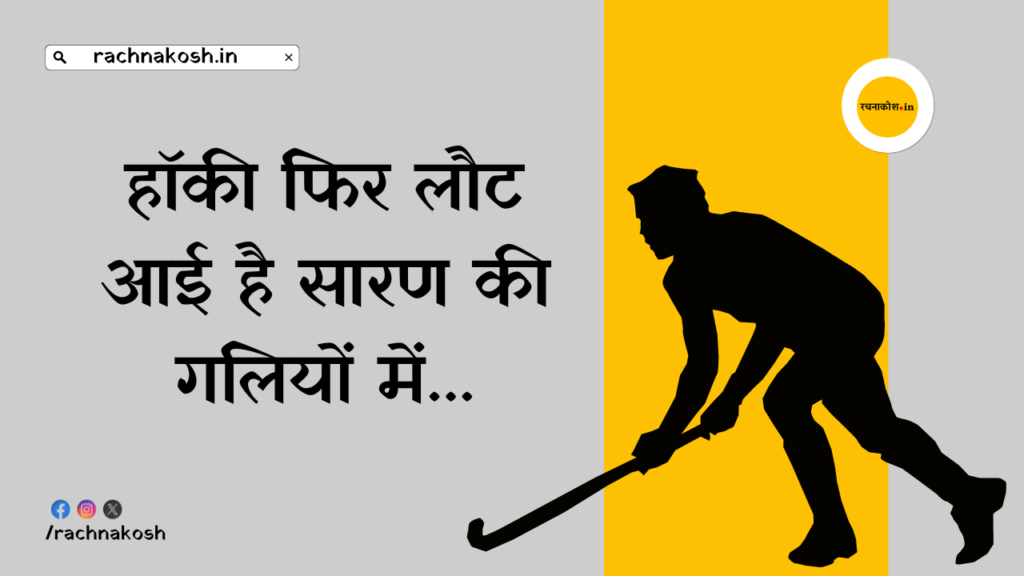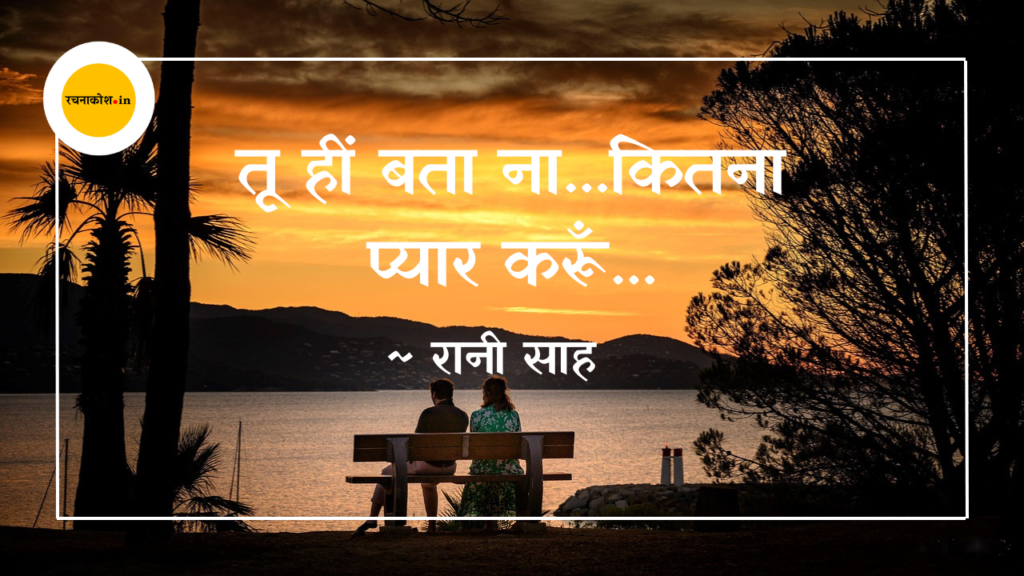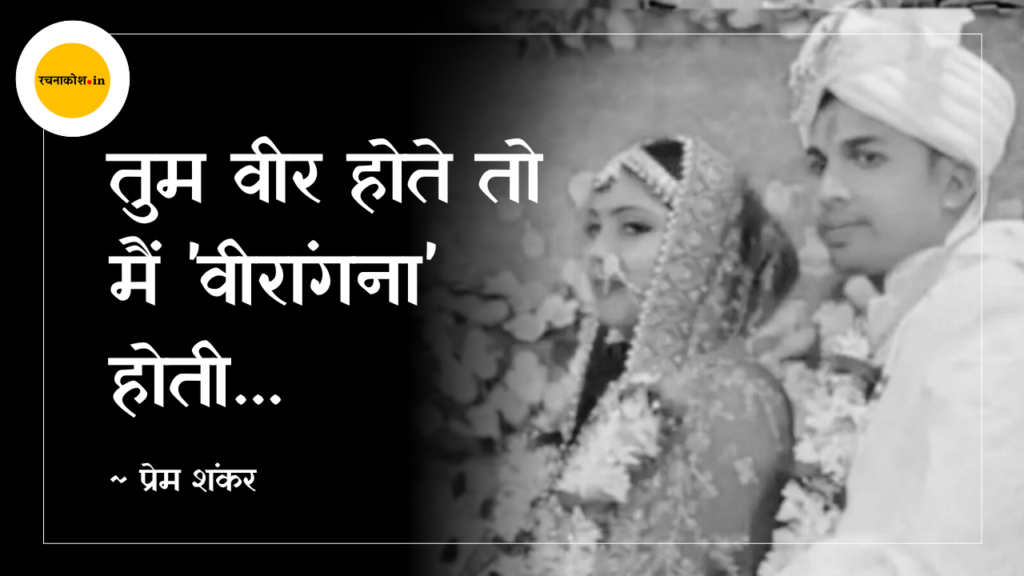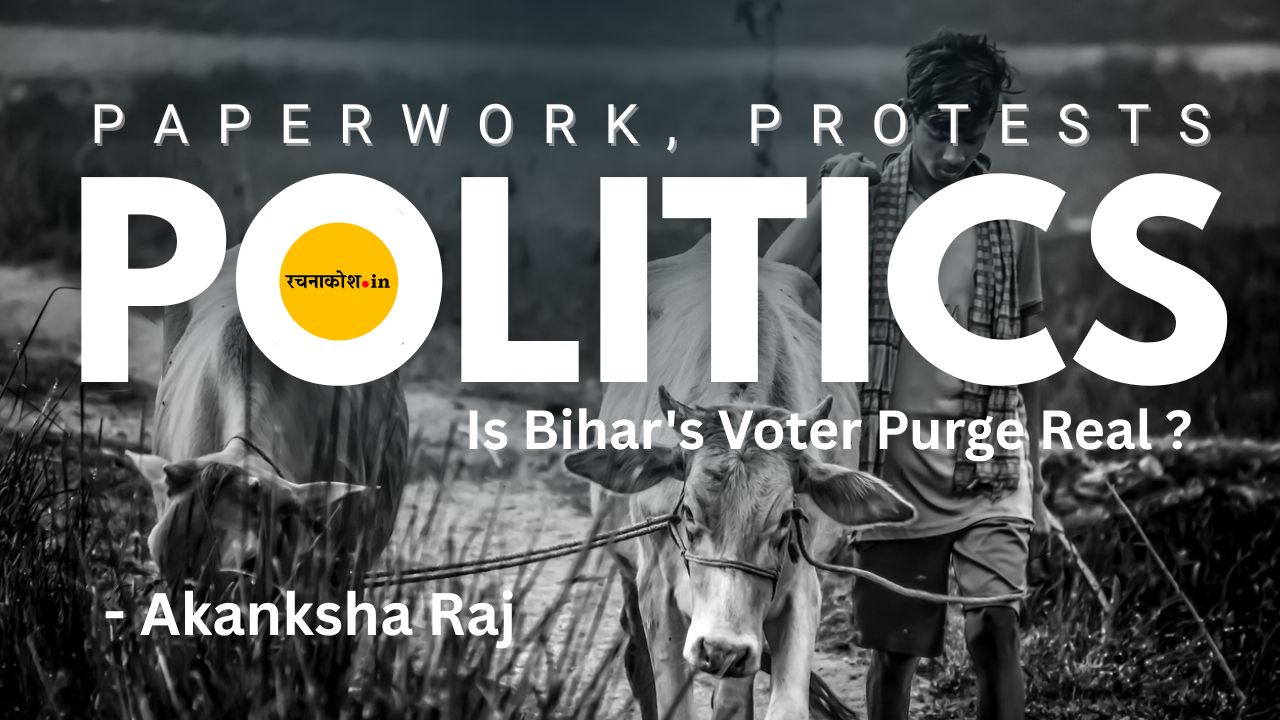
Written by : Akanksha Raj
Chapra, Bihar | July 7, 2025
As Bihar braces for its crucial Assembly Elections 2025, a political storm has erupted, this time not over candidates or promises, but over something far more fundamental: the voter list.
The Election Commission of India (ECI) has launched an aggressive Special Intensive Revision (SIR) of the state’s electoral roll. What was initially planned as a routine administrative task to update voter records has now escalated into a major controversy, sparking accusations of voter suppression, igniting protests, and setting the state’s political climate ablaze.
This isn’t merely about names on paper, it’s about the very foundation of democracy itself.
The Trigger: Why This Exercise Now ?
For Bihar, this voter revision is not just another bureaucratic formality. It is the first major voter roll clean-up since 2003.
The Election Commission claims the exercise is necessary because:
- Bihar has witnessed widespread migration, both within the state and across the country.
- Many voters have changed residences, some have passed away, and large numbers have become eligible to vote.
- Concerns have been raised about duplicate and illegal voters being registered.
- The Commission wants to ensure that only genuine Indian citizens are eligible to participate in the upcoming elections.
Thus began one of the largest and most ambitious voter verification drives in the state’s electoral history.
How It Works: The Process Unfolds
While the process may appear simple on paper, it is far more complex in practice.
Step 1: Door-to-Door Verification
Booth Level Officers (BLOs) were assigned to visit over 1.5 crore households across Bihar. Their task: distribute voter verification forms and collect them back by 25 July 2025.
Step 2: Document Submission
Here’s where the process becomes contentious.
Voters are now divided into two categories:
Group 1: Legacy Voters
If a voter’s name—or their parents’ names—appeared in the 2003 electoral roll, they are exempt from submitting documents immediately. They are presumed to be ‘genuine’ voters.
Group 2: Newer Voters
If a voter was born after 1987 or enrolled after 2003, they must prove their: Citizenship, Date of Birth, Parentage. To do so, they must provide documents such as: Birth Certificate, School Leaving Certificate, Caste Certificate, Pension Orders, Ration Card that mentions the parent-child relationship. This sudden documentation demand has left many voters, especially the poor and marginalised shocked and confused.
A Growing Fear: Will My Name Vanish from the Voter List?
As the verification process gains pace, anxiety is spreading rapidly across Bihar. In tea shops, village squares, and local markets, a single question dominates every conversation:
“Kya hamara vote katega ?” Will our vote be deleted simply because we lack documents? For countless ordinary citizens like daily wage workers, farmers, elderly villagers this fear is deeply personal. Many say they have never even seen the “2003 voter list.” Now, they are suddenly being asked to prove their birth, citizenship, and parentage. This is almost impossible task in a state where floods regularly destroy homes, documents, and livelihoods.
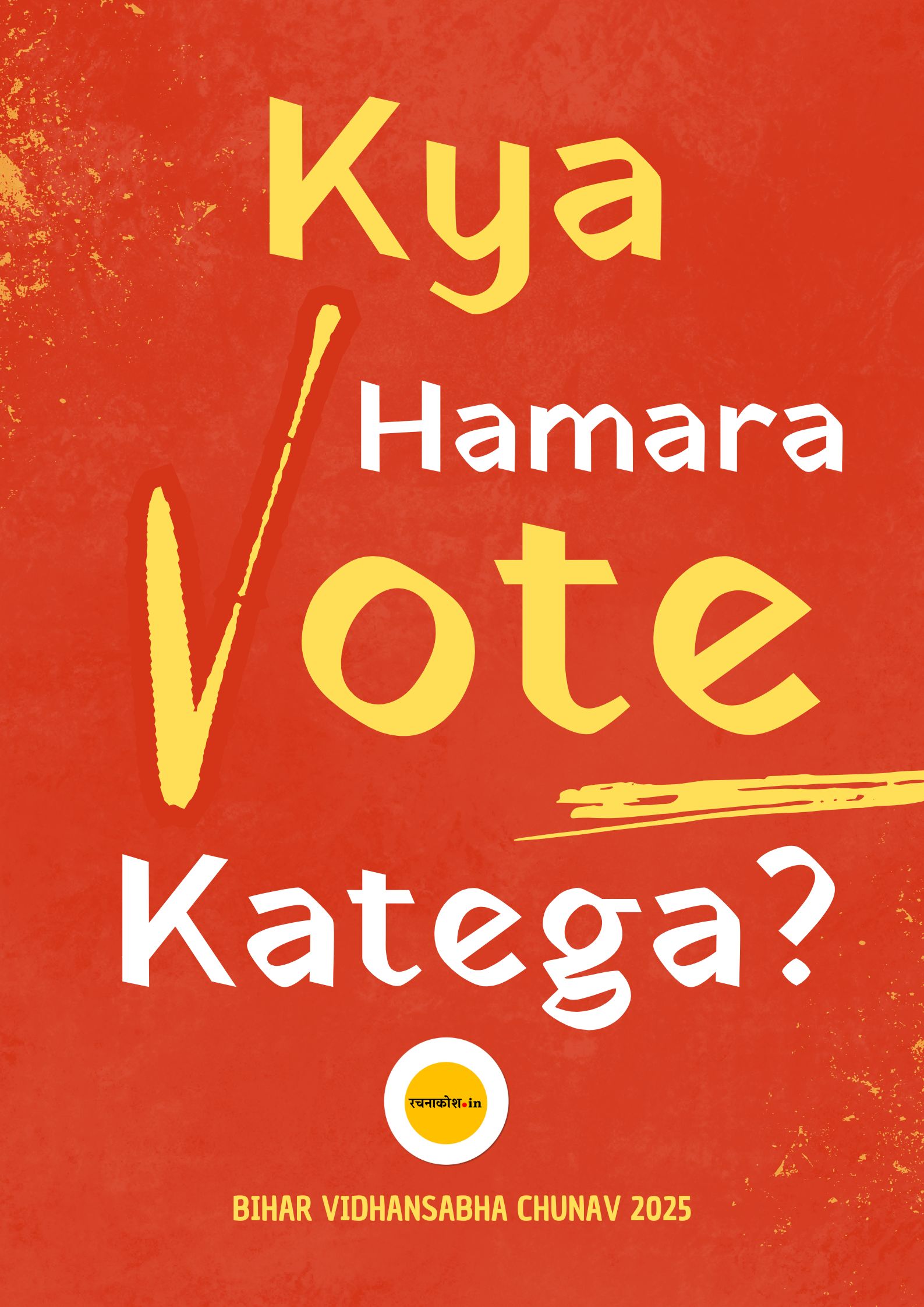
The fear runs deepest among:
- Migrant families whose members work far from their native villages.
- Flood-affected communities who have lost everything, including their identity papers.
- Marginalised groups lacking formal education or awareness about such bureaucratic processes.
For them, this isn’t just paperwork, it’s the terrifying threat of political invisibility. EC’s Clarification: Too Little, Too Late?
Sensing rising panic, the Election Commission issued a clarification:
“People can submit forms even without documents for now. They will have an opportunity to provide the necessary papers later during the scrutiny phase.” However, this reassurance has done little to calm fears, especially in remote areas with poor mobile connectivity and low literacy levels. Many worry:
What if the BLO doesn’t return to collect their documents later ?
What if their names are struck off in their absence ?
What if they never get a chance to vote again ?
In a state where the right to vote is often the only form of empowerment people possess, this fear strikes at the heart of their democratic identity. This is no longer a mere bureaucratic exercise, it has turned into a fight for survival, for their very presence in India’s democracy.
Politics Erupts: Democracy in Danger or Electoral Cleansing?
Opposition parties have jumped into the fray, accusing the ruling NDA government of orchestrating a silent voter purge.
RJD’s Charge: “Votebandi”. RJD leader Tejashwi Yadav launched a scathing attack, calling the process “votebandi”: A term reminiscent of the shock of demonetisation. “Just as currency notes were banned in 2016, now votes are being banned in Bihar.”
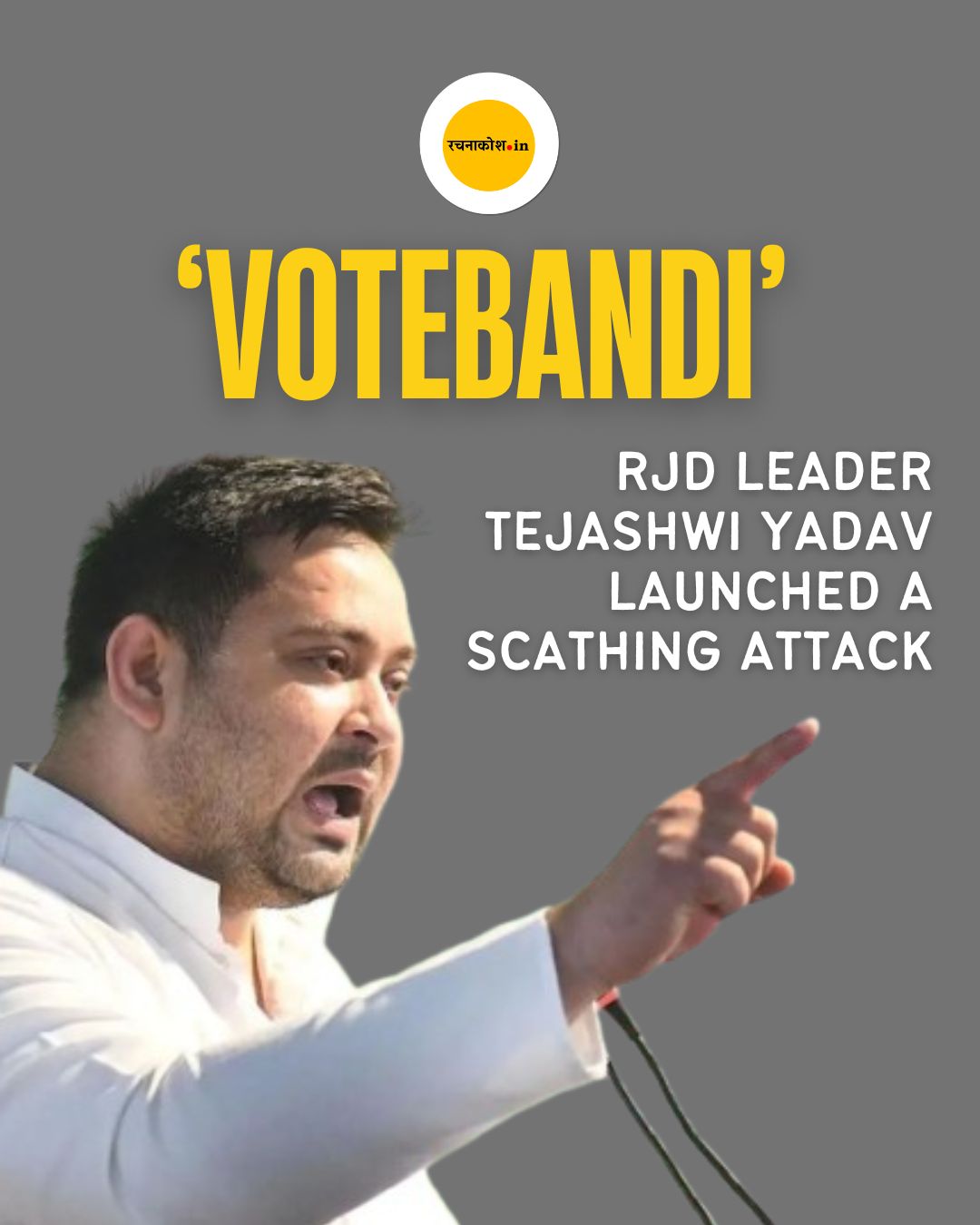
Opposition leaders argue this verification drive will hit:
- Migrant workers who live outside Bihar.
- Dalits and minorities lacking official paperwork.
- Flood-affected families who have lost homes and essential documents.
- Poor communities with limited digital access or legal knowledge.
They allege that the drive is designed to systematically erase voters who traditionally oppose the ruling regime.
Protests Across Bihar
Protests have erupted across the state, with opposition parties planning a statewide blockade (Chakka Jam) on 9 July 2025. The RJD has also approached the Supreme Court, claiming that using the 2003 voter list as the foundation is both unconstitutional and discriminatory. EC’s Defense: “We Stand by Fairness”. The Election Commission has firmly defended its actions.
According to the EC:
- The revision is necessary to ensure clean and credible elections.
- No voter will be excluded without due process or fair scrutiny.
- Over 60% of voters are already protected through their linkage to the 2003 electoral roll.
- The verification process is intended to prevent illegal or ineligible voters from influencing Bihar’s elections.
- They stress that voters who cannot produce documents immediately will still have an opportunity to provide them during the later scrutiny phase.
The Larger Debate: Documentation vs Democracy
At its core, this controversy transcends Bihar, it challenges the very ideals of Indian democracy. It forces the nation to confront uncomfortable questions:
Should the fundamental right to vote depend on complex paperwork ? In a state battling poverty, mass migration, floods, and low literacy, how practical is this document-heavy process? Can democracy be reduced to a battle of documents ? Many experts warn that in the name of “cleansing” the voter list, lakhs of genuine voters could lose their right to vote due to bureaucratic technicalities.
Why This Matters to Every Indian
This is not just Bihar’s battle, it could soon become India’s. If the Bihar model succeeds, similar voter roll revisions may follow in other states. This exercise could permanently alter the landscape of Indian elections, deciding not just who wins, but who gets to vote at all.
It raises a burning national question:
Can India protect its democracy without excluding its most vulnerable citizens?
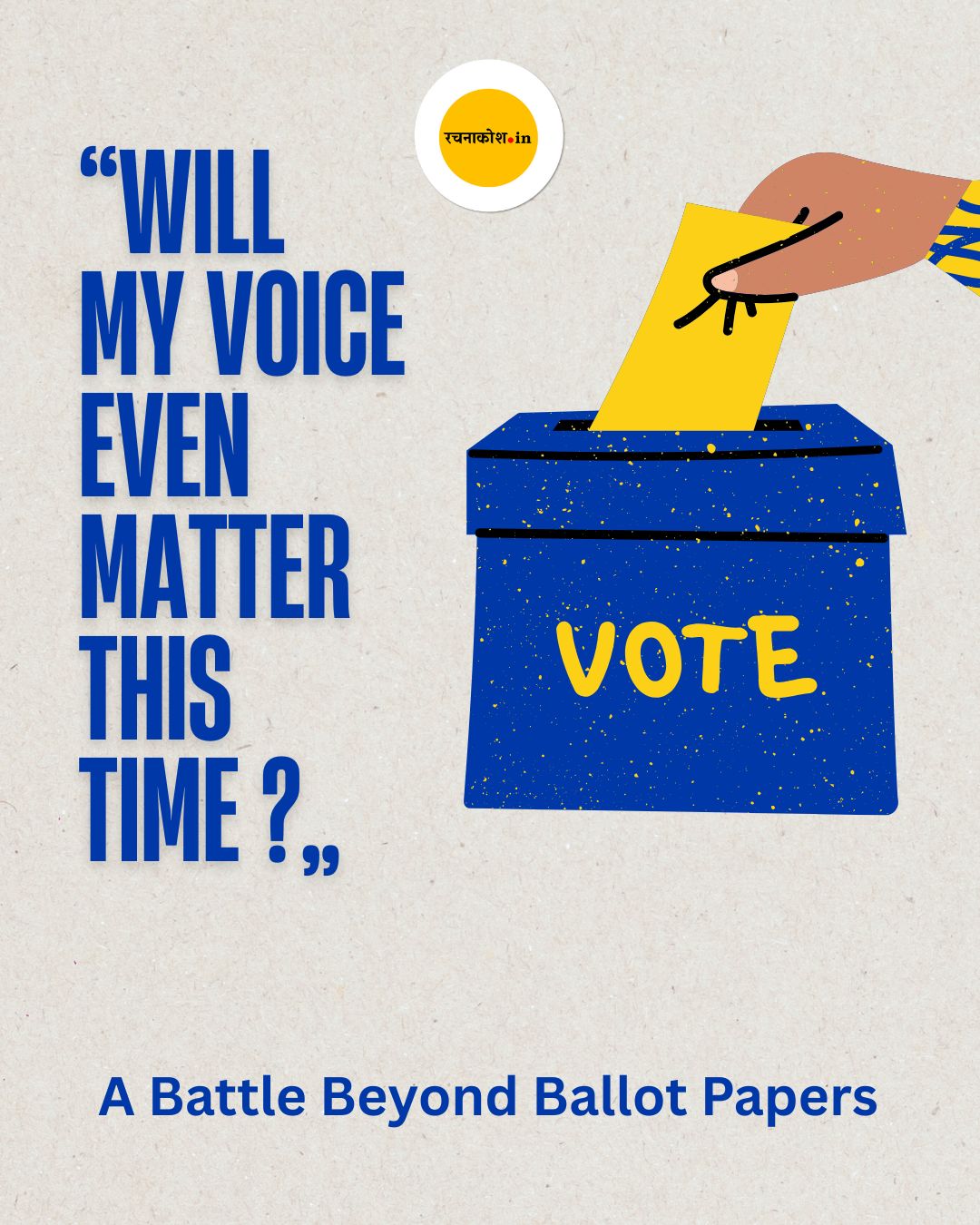
Conclusion: A Battle Beyond Ballot Papers
As Bihar awaits the publication of its draft voter rolls on August 1, 2025, the state finds itself standing at a critical juncture. What began as a routine verification process has now morphed into a battle for dignity, representation, and democratic survival. In the quiet lanes of Bihar’s villages, where every election ignites new hope. Today people are no longer worrying about political parties or election results. They are grappling with a far more pressing fear:
“Will my voice even matter this time?”
This debate goes far beyond forms and documents. It touches the very soul of democracy, whether the poorest, most marginalised citizens of Bihar will continue to have a say in choosing their government. Because in a true democracy, the right to vote should not hinge on paperwork but on the simple fact of existence.
Bihar’s voter verification drive has triggered a nationwide conversation. A conversation that challenges every Indian to think:
Can democracy survive if its gates are locked behind bureaucratic hurdles ? As protests gather momentum, courtrooms debate legality, and political parties clash, one truth stands clear: This is no longer about a voter list. It is about who gets counted in India’s democracy and who gets erased.
